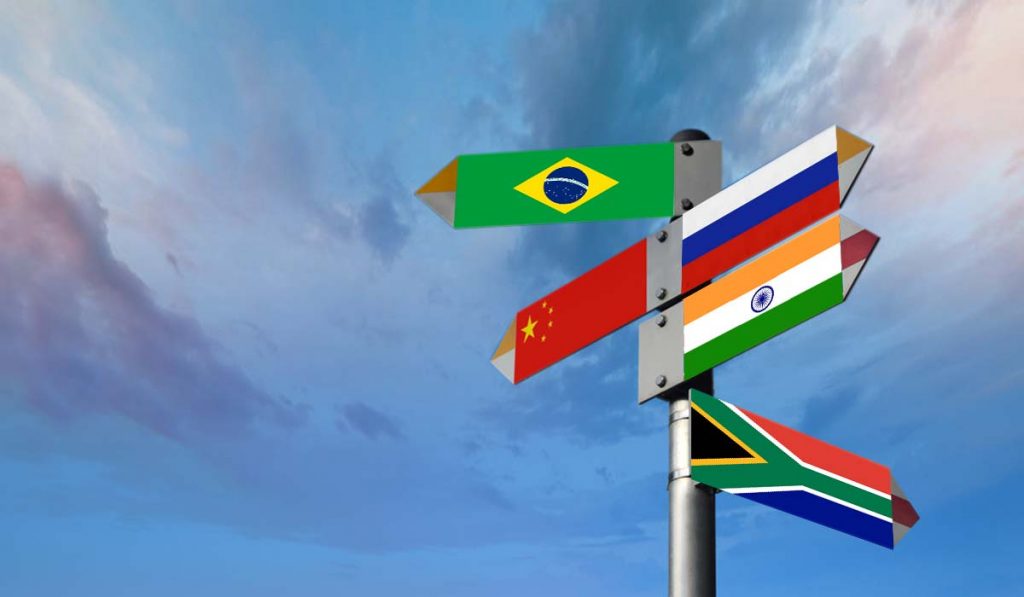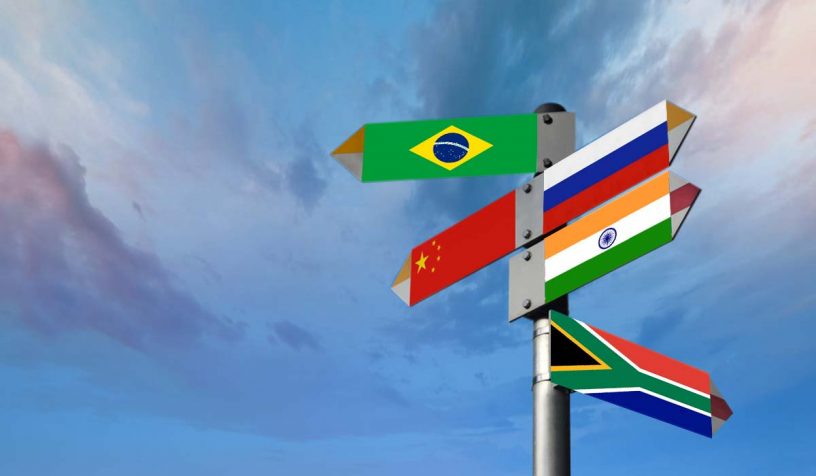
For China, BRICS has multiple purposes, one of them being the elevation of Chinese interests of opposing Western hegemony, say the authors.
Authors
Sriparna Pathak, Associate Professor, Jindal School of International Affairs, O.P. Jindal Global University, Sonipat, Haryana.
Monish Tourangbam, Assistant Professor, Department of Geopolitics and International Relations, Manipal Academy of Higher Education, Manipal, Karnataka.
Summary
A distinctive feature of the rise of the multipolar world order in the 21st century has been the proliferation of multilateral institutions. While the raison d’être of these institutions essentially remains elevating multilateral interests, as opposed to unilateral or even for that matter, bilateral interests, national interests continue to remain paramount.
Even within multilateral institutions, states undertake various approaches to secure their own national interests over and above that of others. BRICS, a multilateral grouping of Brazil, Russia, India, China and South Africa, in its conception is targeted towards reforming and filling up the space left by the West-dominated structures of global governance.
However, the power asymmetry inherent among the BRICS members creates traction that the Chinese require to wield the kind of influence that should concern other members, and certainly India. The dilemma of balancing common interest and national interest within multilateral organisations like the BRICS will be an eminent feature of the varied and multiple interest sets that countries have in an interdependent world.
While countries will still find purpose, in the membership of multilateral institutions, the challenge of managing power asymmetry within those organisations will mean that countries find leverage through their engagement with countries outside those groups.
For China, the heavyweight within the group, BRICS has multiple purposes, one of them being the elevation of Chinese interests of opposing Western hegemony.
However, for India, for which the grouping remains of pertinence (given its stress on addressing emerging and important global challenges such as those of economic development and sustainability) taking a position against the so-called dominance of the West or aligning itself with any particular country or group that stands in opposition to others is a dilemma.
Published in: Liberal Studies
To read the full article, please click here.


